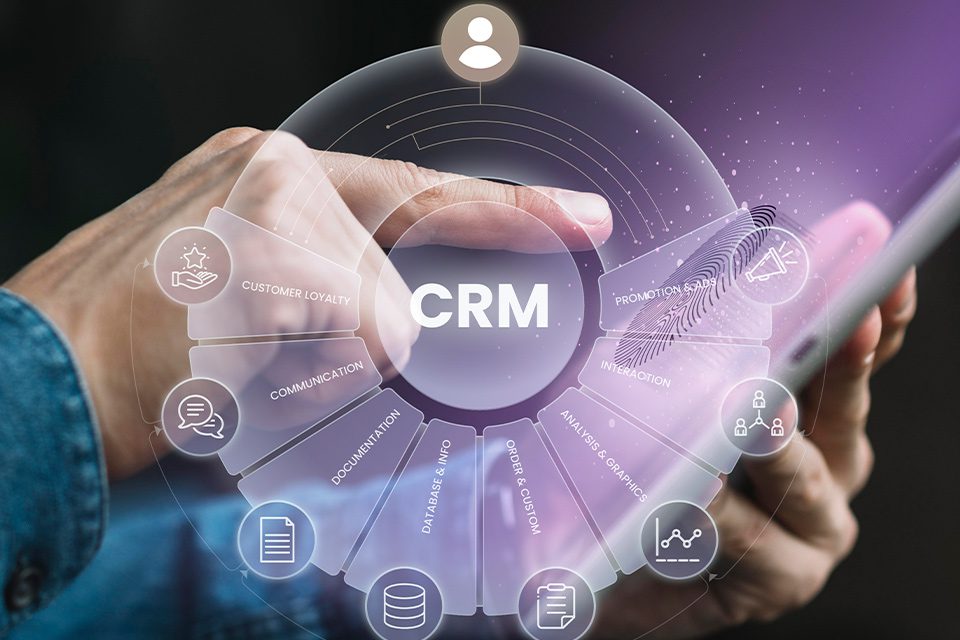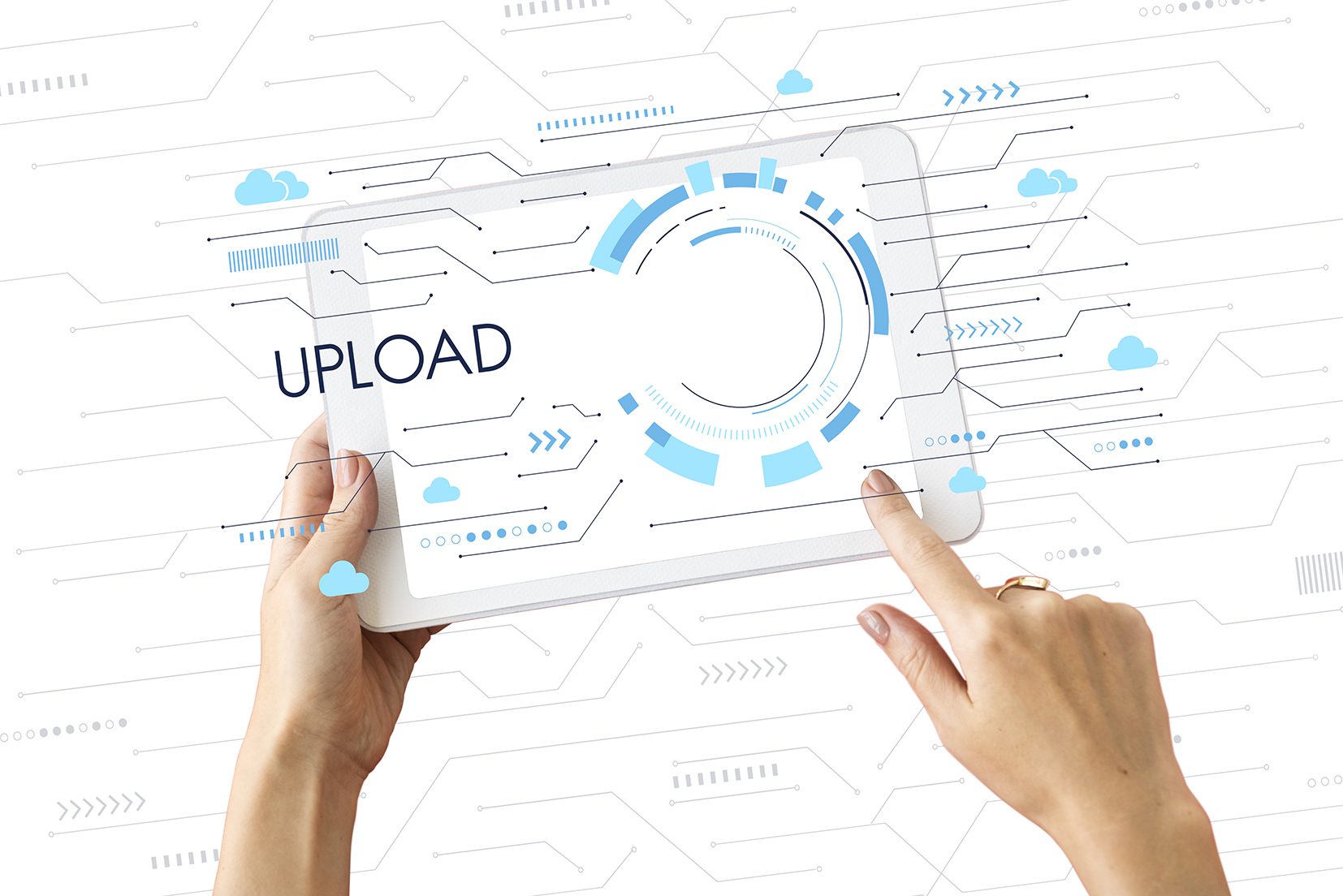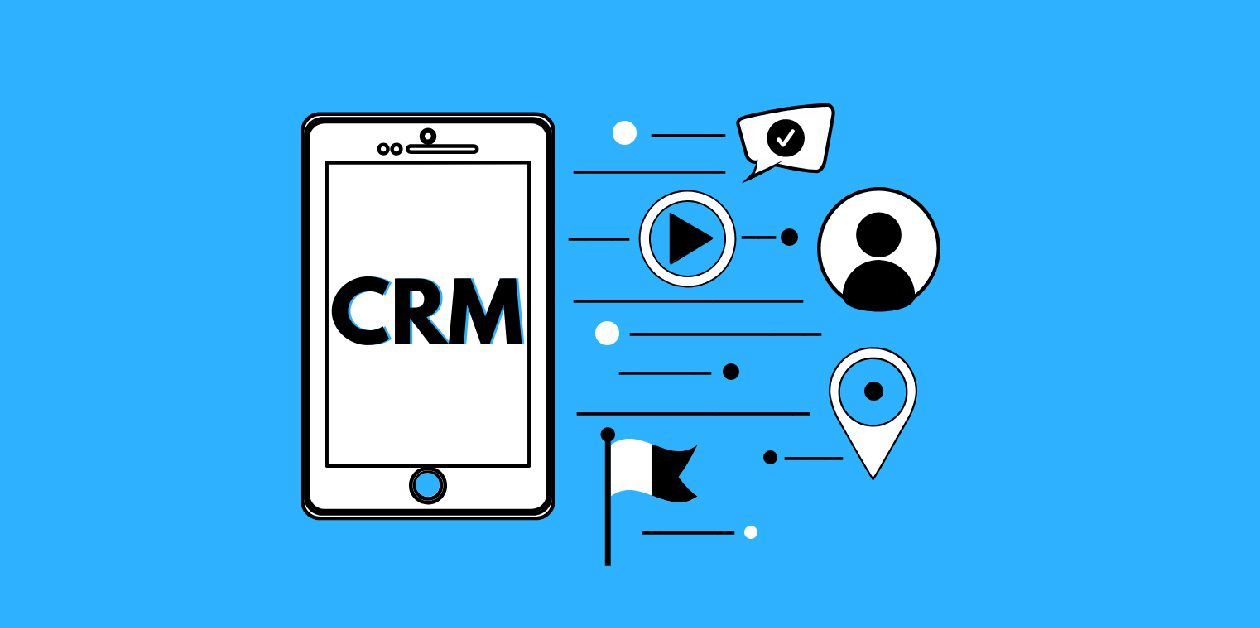Share
Read also

Trends & Views
Digital Transformation Trends for 2026
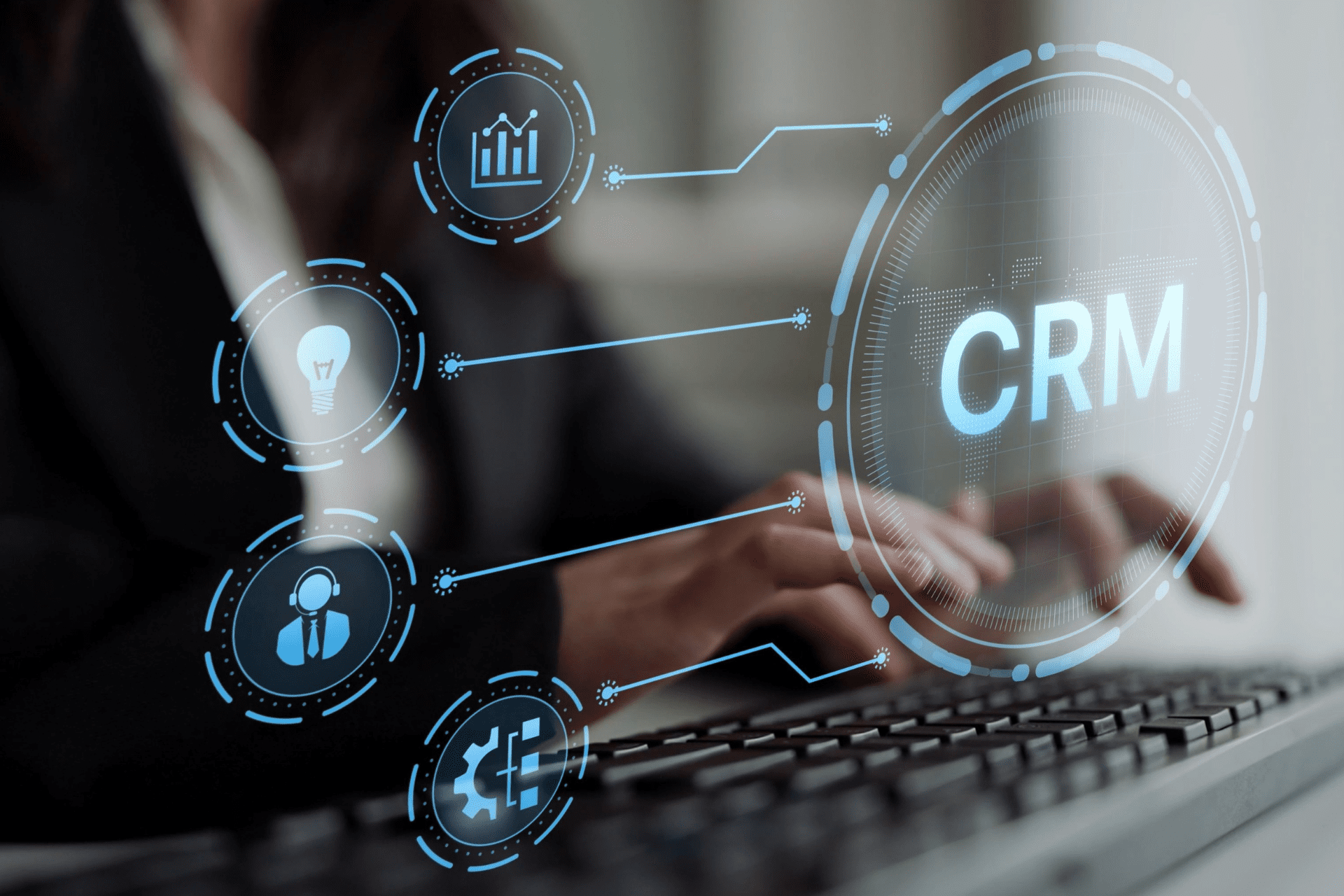
Trends & Views
The New CRM Trends for 2026
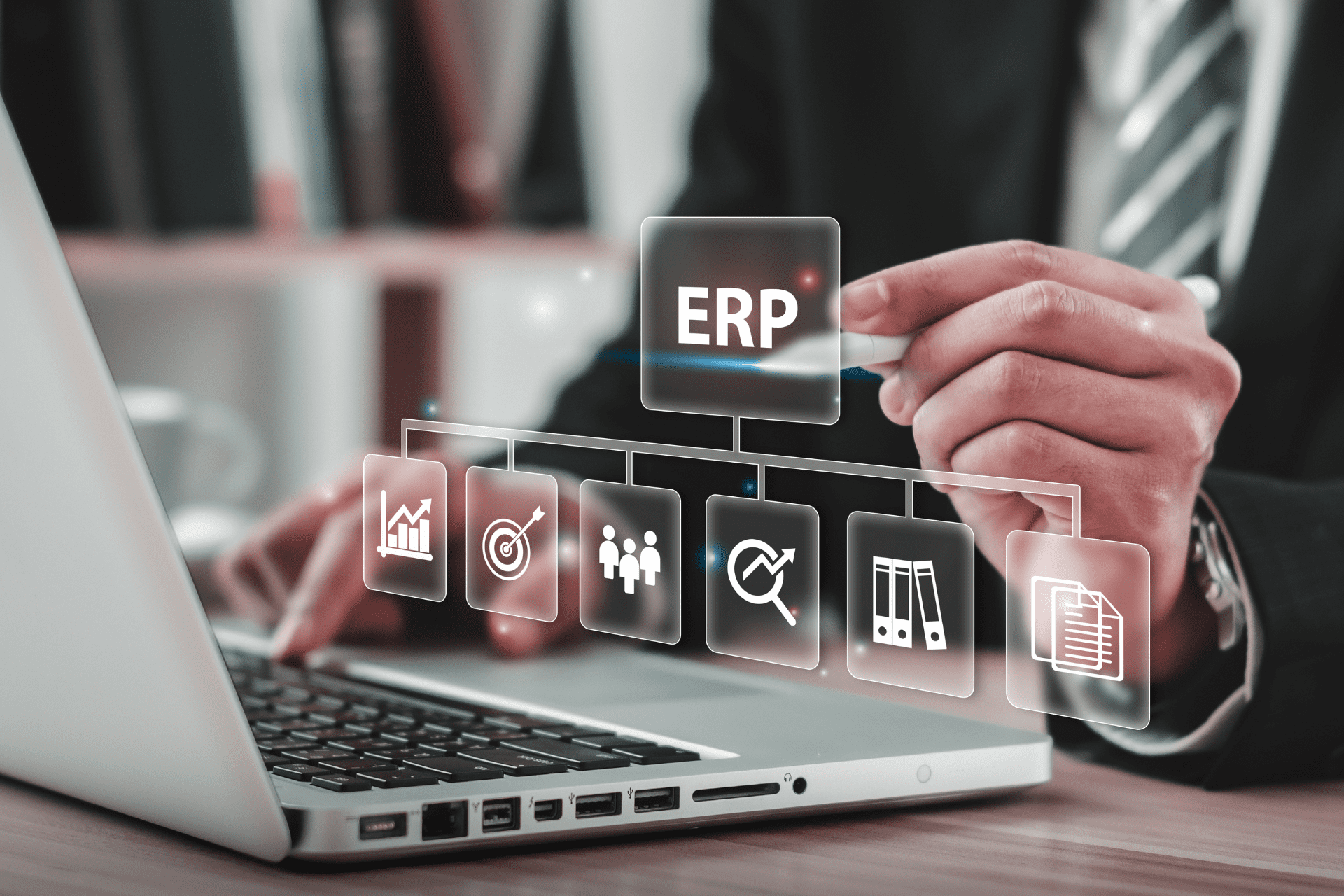
Business Software
ERP Trends for the New Year

Trends & Views
Digital Transformation and AI in the Workplace?
Several key trends are expected to shape the e-invoicing landscape in 2024. In the ever-evolving world of technology, e-invoicing has become an integral part of business operations. With its numerous advantages, it is no wonder that businesses are adopting this digital billing method.
After 2024, e-invoicing is expected to become even more widespread, with more businesses embracing its benefits. As technology continues to evolve, businesses will have access to more sophisticated solutions, further enhancing automation and efficiency.
A key trend for the future of e-invoicing is the integration of artificial intelligence (AI) and machine learning (ML) technologies. These technologies analyze billing data, identify patterns, and make predictions, allowing businesses to optimize their billing processes and make data-driven decisions.
Another trend is the integration of blockchain technology into e-invoicing systems. This technology provides a decentralized and secure platform for storing and verifying billing data, reducing the risk of fraud, and ensuring the integrity of transactions.
Following the international practices and directives of the European Union, Greece, too, now makes the implementation of electronic invoicing mandatory for all types of transactions (B2B, B2G and B2C), leading to further adoption and standardization. This digitization aims to streamline tax compliance, reduce fraud, and improve transparency in financial transactions.
To prepare for the changes brought about by e-invoicing, businesses should consider implementing solutions that integrate seamlessly with their existing systems. This ensures smooth transition and minimizes disruption to daily operations.
In addition, businesses should keep up to date with the latest e-invoicing standards and regulations to ensure compliance. This includes understanding the requirements set by government mandates and industry organizations and monitoring updates and changes.
Businesses should also invest in strong cybersecurity measures to address security concerns related to e-invoicing. This includes ensuring the secure transmission of invoices, protecting sensitive customer data, and implementing authentication measures. Cybersecurity should be a top priority to protect against potential threats such as data breaches and invoice fraud.
In addition, businesses can utilize e-invoicing as an opportunity to improve their overall financial management processes. By integrating e-invoicing with other financial systems, businesses will gain real-time insight into their cash flow, automate payment settlement, and improve their financial reporting.

